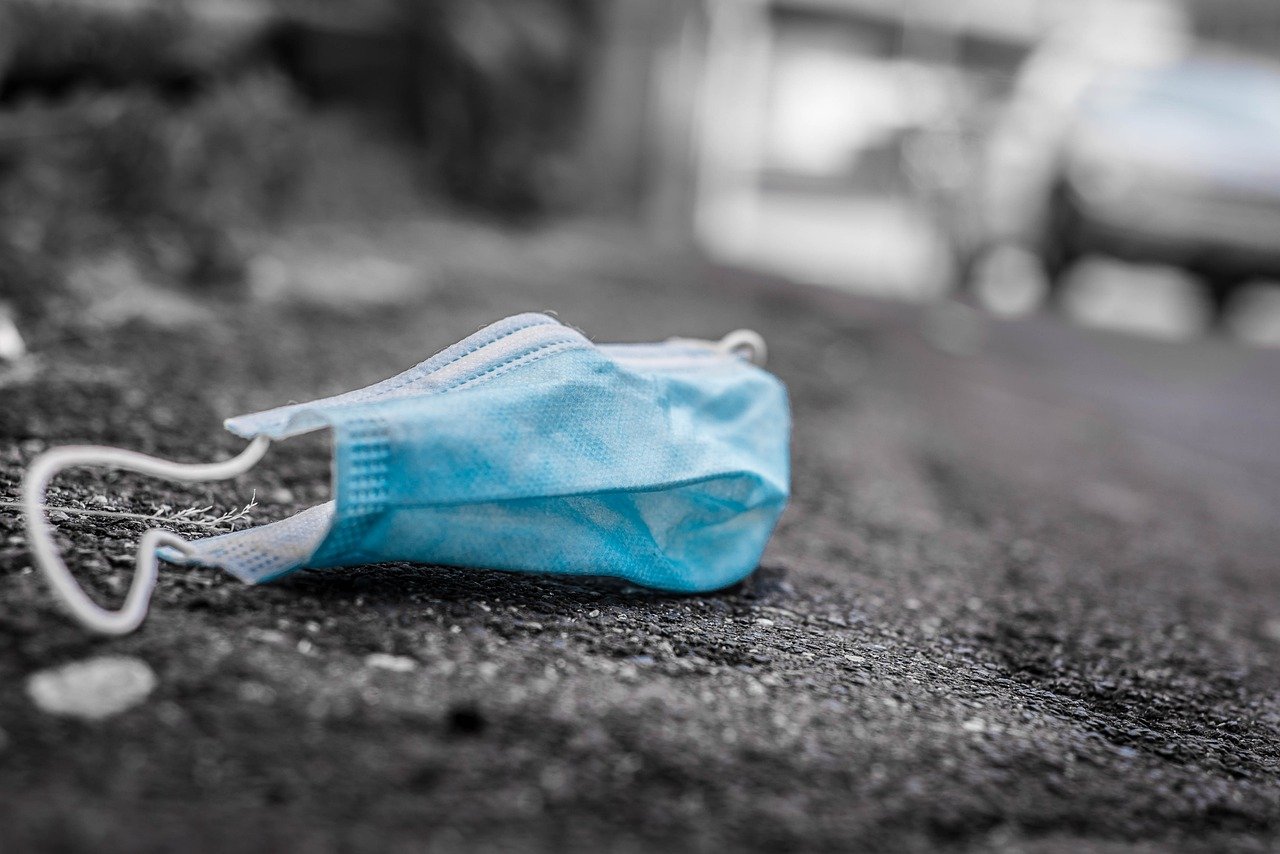Officials in Denpasar estimated that households in the city throw away about 6.7 million masks each month during the pandemic, raising concerns about waste management.
Denpasar City’s Environment Agency placed the estimates by taking into account the city’s population of 900,000, a quarter of which are supposed to have carried out activities outside their homes. The 6.7 million value was obtained by multiplying that number with 30 days, and by supposing that they are using disposable face masks.
This amounts to more than 47 million masks between April and October. That does not include masks used in community health clinics (Puskesmas) and hospitals, which are reportedly disposed of properly.
Mask waste from the public, on the other hand, is not managed properly by the city. Officials say they are mixed with household waste and end up in landfill, illustrating an unsafe disposal of medical waste that could spill over into environmental pollution.
“It ends up at Suwung with its sanitary landfill, and then made compact. Because of its material, it will end up destroyed,” I Dewa Gede Rai, spokesman of Denpasar’s COVID-19 Task Force, said yesterday.
Experts have warned that inadequate solid waste management may increase the spread of coronavirus, and the task force has called on the public to spray their masks with disinfectants before throwing them away, as well as cutting or ripping them so it can’t be reused.
According to a waste disposal guidance issued by the Indonesian Health Ministry, domestic solid waste that include disposable masks and gloves must be managed like infectious waste.
Dewa said almost 90 percent of people in Denpasar have complied with the mandatory mask rule, but noting that many have yet to comply when it comes to social distancing and avoiding crowds.
“Facts from the field show that the public attends events where it’s hard to implement physical distancing. This might be our culture, so this makes it hard to prevent,” Dewa Rai said.
Read more news and updates from Bali here.





Reader Interactions